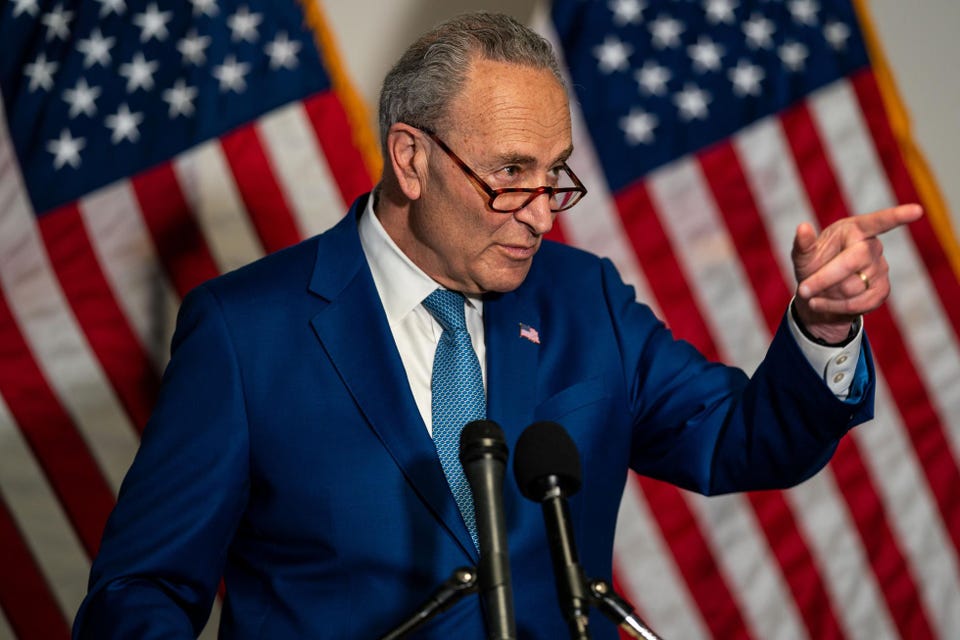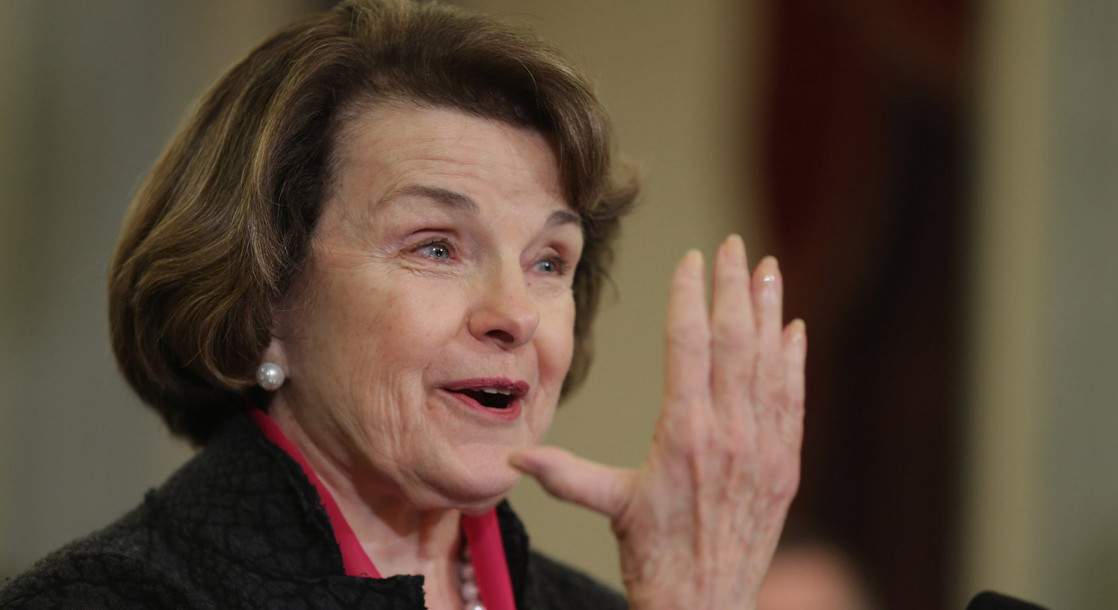This week, Vermont became the ninth U.S. state (not including Washington, D.C.) to legalize recreational cannabis use. Governor Phil Scott signed bill H. 511 into law on Monday, but said in an accompanying statement that he had "mixed emotions" about doing so. The governor explained that despite his reservations, he signed the bill because he "personally believe[s] that what adults do behind closed doors and on private property is their choice, so long as it does not negatively impact the health and safety of others, especially children."
Vermont is the first U.S. state to legalize cannabis through an act of legislation; the other eight rec-legal states all legalized cannabis via voter-approved ballot measures. Vermont's legalization law is also notable in that it is one of the strictest legalization measures that has been enacted so far. Starting on July 1st, adults may possess up to an ounce, or grow two plants for personal use, but sales of the drug are still illegal. Furthermore, individual municipalities, schools, employers, and landlords are allowed to impose additional restrictions on cannabis cultivation and use.
Last year, the Vermont General Assembly also passed a legalization bill, but Gov. Scott vetoed it, explaining that the bill did not include enough protections for child or traffic safety. Legislators amended the bill earlier this month to address these concerns, increasing penalties for selling cannabis to minors or using cannabis in front of a child. The new version of the bill also increases fines for driving with an "open container" of weed, and firmly establishes that possession of over one ounce of weed is still illegal, subject to seizure and forfeiture.
There is strong support for a regulated, taxed retail sales market among Vermont legislators and the general public, but Gov. Scott is yet to be convinced. "It's up to citizens across the state whether or not we see a bill like that pass this year with their participation in the process," Lt. Gov. David Zuckerman said at a press conference, Forbes reports. "I would like to see that. I think every year we go by not doing it, we are perpetuating the underground, unregulated, unjust system that we have today while other states are moving forward."
Last year, Gov. Scott created the Marijuana Advisory Commission to study the potential impact of a legal retail cannabis market in the state. "To be very direct: There must be comprehensive and convincing plans completed… before I will begin to consider the wisdom of implementing a commercial 'tax and regulate' system for an adult marijuana market," Scott said in his statement. "It is important for the General Assembly to know that — until we have a workable plan to address each of these concerns — I will veto any additional effort along these lines, which manages to reach my desk."











